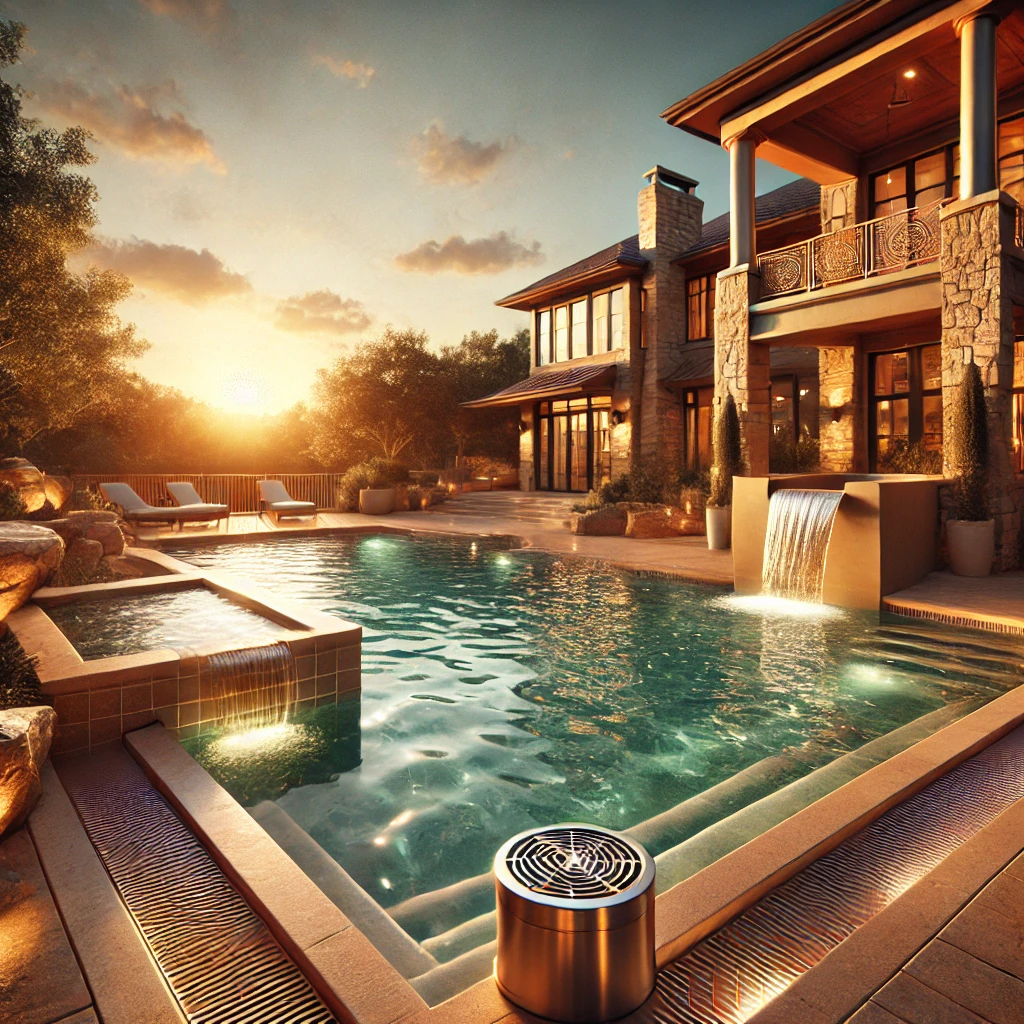Introduction
Summer is the perfect time to enjoy your pool, but the increased use and higher temperatures can make it challenging to keep the water balanced and safe. Proper chemical maintenance is crucial to ensure your pool remains a refreshing oasis. Here are the essential chemicals you need to keep your pool water in top condition during the summer months.
1. Chlorine
Chlorine is the most important chemical for keeping your pool water clean and free from harmful bacteria and algae. During the summer, it's essential to maintain chlorine levels between 1.0 and 3.0 parts per million (ppm). Regularly test the water and adjust the chlorine levels as needed. Consider using a chlorine stabilizer to protect the chlorine from being broken down by the sun's UV rays.
2. pH Balancers
Maintaining the correct pH level is crucial for the effectiveness of chlorine and the comfort of swimmers. The ideal pH range for pool water is between 7.2 and 7.6. Use pH increasers or decreasers to adjust the levels as needed. Regular testing is essential to keep the pH within the optimal range.
3. Alkalinity Adjusters
Total alkalinity acts as a buffer for pH, helping to prevent rapid changes. The recommended range for total alkalinity is between 80 and 120 ppm. Use alkalinity increasers or decreasers to maintain the proper levels. Keeping the alkalinity balanced will make it easier to control the pH levels.
4. Calcium Hardness
Calcium hardness is important for preventing corrosion and scaling in your pool. The ideal range for calcium hardness is between 200 and 400 ppm. Use calcium increasers to raise the levels if they are too low. Regular testing will help you maintain the correct calcium hardness levels.
5. Cyanuric Acid
Cyanuric acid, also known as a chlorine stabilizer, helps protect chlorine from being degraded by the sun's UV rays. The recommended range for cyanuric acid is between 30 and 50 ppm. Be cautious not to exceed this range, as high levels can reduce the effectiveness of chlorine.
6. Algaecides
Algaecides are chemicals specifically designed to prevent and kill algae. Adding a weekly dose of algaecide to your pool can provide an extra layer of protection against algae growth, especially during the hot summer months. Be sure to follow the manufacturer's instructions for the correct dosage.
7. Shock Treatments
Shocking your pool involves adding a large dose of chlorine to the water to kill off any bacteria and algae. It's a good idea to shock your pool after heavy use, heavy rain, or if you notice the water starting to turn cloudy. Follow the instructions on the shock treatment product for the correct dosage.
Conclusion
By maintaining the proper chemical balance in your pool, you can ensure a safe and enjoyable swimming experience all summer long. Regular testing and adjustments are key to keeping your pool water crystal clear and inviting. With the right chemicals and a consistent maintenance routine, you can enjoy a perfect pool all season.
